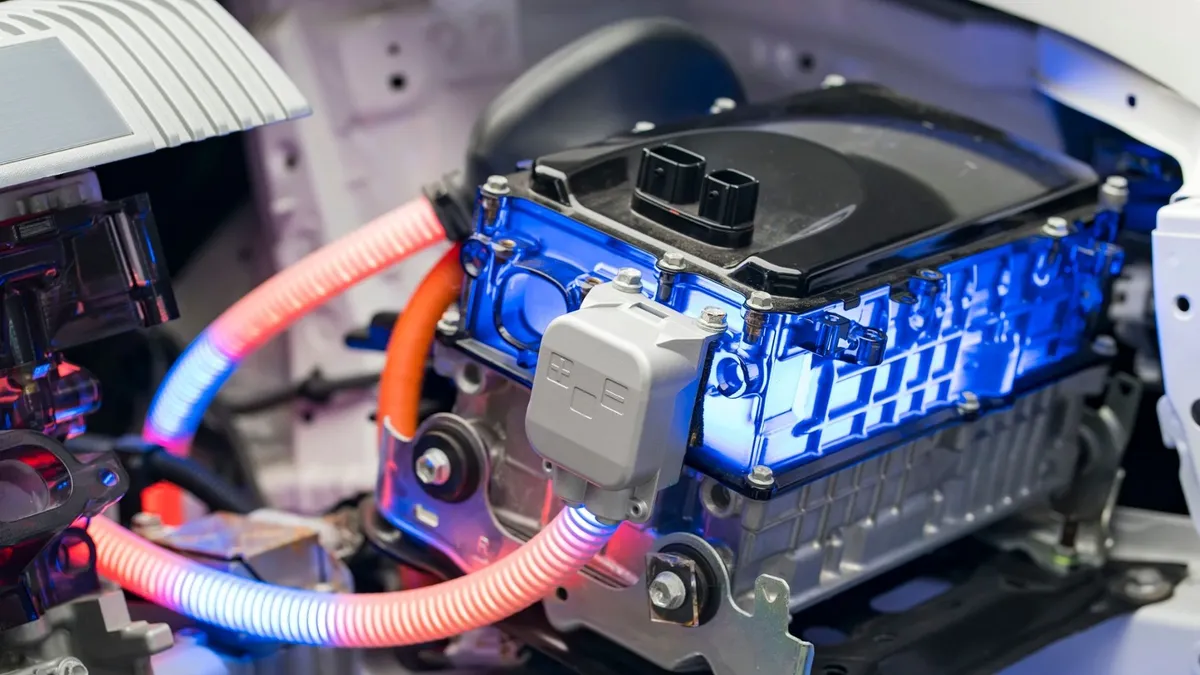A few months ago we were told nuclear batteries would last 50 years, now it’s 1,000. How?
Just a few months ago, we were informed that Betavolt, a Chinese startup, had developed a nuclear battery with an impressive lifespan of 50 years. This seemed like a groundbreaking development, given that nuclear battery technology has been around since the 1950s. However, the startup has recently announced this lifespan estimate is actually a staggering 1,000 years.

This drastic shift raises critical questions: Can we really trust these claims, and how reliable is the technology behind them? Nuclear batteries, which harness the natural decay of radioactive materials to generate electricity, have long been used in specific applications where conventional batteries are impractical, such as in space missions or remote locations like Arctic lighthouses.
Moreover, as an example, the Mars Science Laboratory rover employs a radioisotopic power system (RPS) that converts the heat from radioactive decay into electricity through a thermoelectric generator. In contrast, Betavolt’s latest innovation involves a betavoltaic battery that uses beta particles rather than heat to generate power.
The appeal of Betavolt’s betavoltaic battery lies in its extraordinarily long lifespan. However, this impressive longevity comes with significant trade-offs. Betavoltaic batteries, due to their low power density, struggle to deliver sufficient energy for everyday devices such as cell phones or laptops.

On top of that, their power output per unit mass is considerably lower compared to conventional batteries, limiting their practical applications in consumer electronics. The increased lifespan projections from Betavolt, now extending to 1,000 years, prompt scepticism. While such longevity sounds revolutionary, it also raises concerns about the validity of these claims.
The technology’s reliability, the accuracy of its lifespan estimates, and the practical implications of such extended durations remain unproven. There are additional hurdles that challenge the widespread adoption of nuclear batteries, including the supply of suitable materials and the public’s apprehension regarding radioactive substances.

Despite these challenges, the potential of nuclear batteries to contribute to CO2-free energy solutions is substantial. They could offer valuable alternatives where current energy storage technologies fall short.
While Betavolt’s advancements in nuclear battery technology are impressive and could mark significant progress in energy storage, the leap from a 50-year to a 1,000-year lifespan raises important questions about the trustworthiness and practicality of these claims. As with any emerging technology, a critical assessment of its long-term feasibility and safety is essential before we fully embrace its potential, but it is hard to trust a manufacturer that doesn’t fully understand their own product yet.

We got all this from CAS and their full article is linked here. Thank you CAS for the information and images.